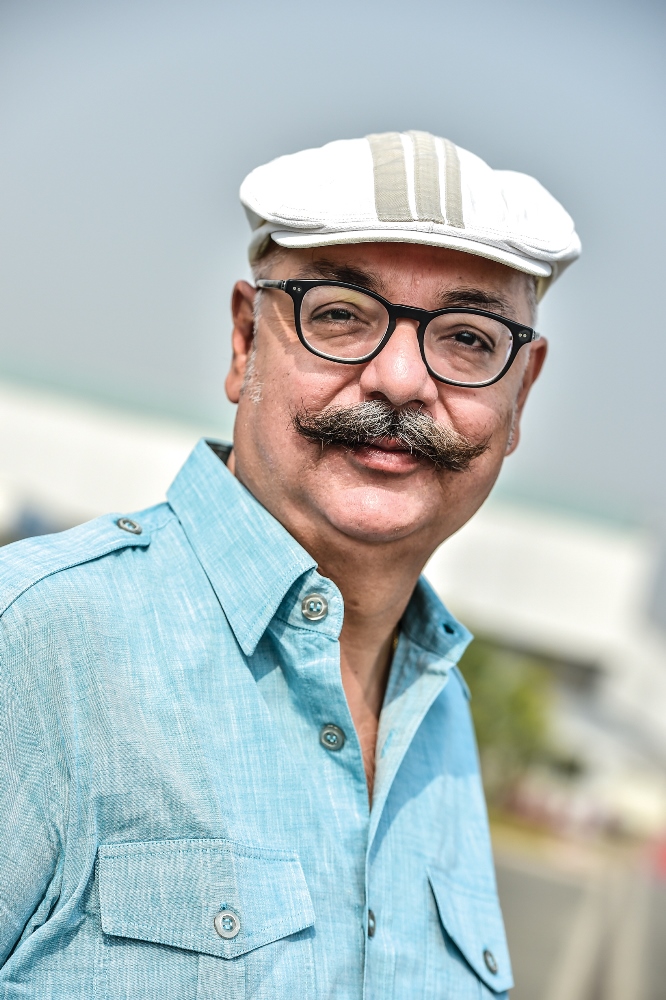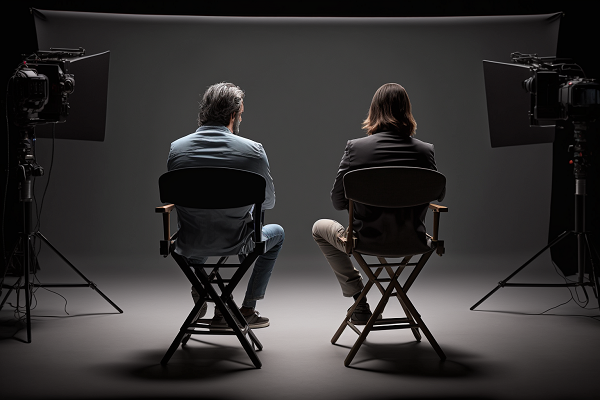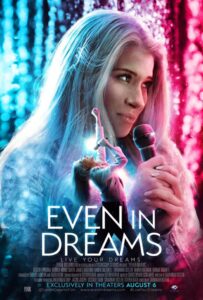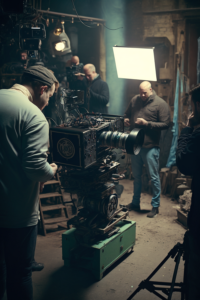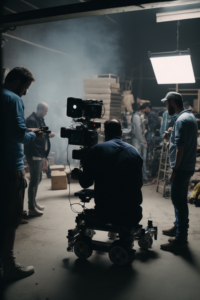Popularity Views : 446
Intersection of Literature and Cinema Series : Perspectives: A Debate on the Role of Film Adaptations in Telling Real-Life Stories
Two hypothetical film columnists who have differing views on the relationship between Film adaptations of memoirs and autobiographies in films
Film adaptations of memoirs and autobiographies have become increasingly popular in recent years, with Hollywood turning to real-life stories for inspiration. While these adaptations can be powerful and moving, they also raise important questions about the responsibility of filmmakers to accurately represent the lives of real people and to avoid exploiting their experiences for commercial gain.
In this discussion between two seasoned columnists at Studio Carry On Harry, David Lee and Rachel Smith, we explore the opposing viewpoints on the topic of film adaptations of memoirs and autobiographies. David argues that these adaptations are often too sentimental and lack depth, while Rachel believes that they offer a unique opportunity to bring these stories to life and to engage a wider audience.
Through their discussion, David and Rachel touch on a variety of important issues, including the potential for filmmakers to take liberties with the source material, the danger of turning real people into caricatures, and the commercialization of real people’s stories. While they don’t always agree, their conversation highlights the complex and nuanced nature of film adaptations of memoirs and autobiographies, and offers readers plenty to think about when considering the role of Hollywood in telling real-life stories.
Here is a casual discussion among both columnists and Press Editor Harry Johal
David Lee: “I think film adaptations of memoirs and autobiographies are often too sentimental and lack depth. They tend to focus on the most dramatic aspects of the story, leaving out the nuance and complexity of real life.”
Rachel Smith: “I see where you’re coming from, David, but I think film adaptations of memoirs and autobiographies can be incredibly powerful. They offer a window into the lives of real people, and can help us understand the human experience in a deeper way.”
David Lee: “But don’t you think that filmmakers often take liberties with the source material in order to make it more cinematic? They may change details or compress timelines in order to create a more dramatic story, which can ultimately undermine the authenticity of the original memoir or autobiography.”
Rachel Smith: “I think it’s true that filmmakers need to be careful not to stray too far from the source material, but I also think they have a responsibility to create a compelling story that will engage audiences. If done correctly, a film adaptation can bring a memoir or autobiography to life in a way that a book simply can’t.”
David Lee: “But what about the danger of turning real people into caricatures? Filmmakers may be tempted to simplify the characters or to portray them in overly sympathetic or unsympathetic ways in order to create a clear hero or villain for the audience to root for.”
Rachel Smith: “I agree that this can be a danger, but I also think that a skilled filmmaker can avoid this trap. By taking the time to truly understand the characters and their motivations, and by working closely with the author or subject of the memoir or autobiography, the filmmakers can create a nuanced and authentic portrayal of real people.”
David Lee: “Okay, I see your point. But what about the commercialization of real people’s stories? Isn’t there something inherently exploitative about turning someone’s life story into a Hollywood blockbuster?”
Rachel Smith: “I think that’s a valid concern, but I also think that there are ways to mitigate this issue. For example, the filmmakers could donate a portion of the profits to a related charity or cause, or they could work with the author or subject to ensure that their story is being told in a respectful and responsible way.”
David Lee: “I guess that’s true. But I still worry about the potential for Hollywood to take advantage of real people’s experiences for their own gain.”
Rachel Smith: “I understand your concern, David, but I also think it’s important to remember that filmmaking is an art form, and that it can be a powerful way to tell important stories. Ultimately, it’s up to the filmmakers to approach these adaptations with care and respect, and to do justice to the complexity and richness of real people’s lives.”
Feedback and Suggestions:
Harry Johal Editor of this group discussion ” I appreciate the thought-provoking discussion between David and Rachel. I think it’s important to consider both the potential pitfalls and the potential power of film adaptations of memoirs and autobiographies.
I agree with David that filmmakers need to be careful not to simplify or exploit the real people whose stories they are adapting, and to stay true to the authenticity of the source material. However, I also appreciate Rachel’s perspective that film adaptations can offer a unique and powerful way to bring these stories to life and to engage a wider audience.
One suggestion I have for both writers is to consider the role of the audience in the adaptation process. While it’s important for the filmmakers to stay true to the essence of the story and the voice of the author or subject, they also need to consider how the story will be received by a wider audience.
Overall, I think this discussion has highlighted the complex and nuanced nature of film adaptations of memoirs and autobiographies, and has given me a lot to think”
